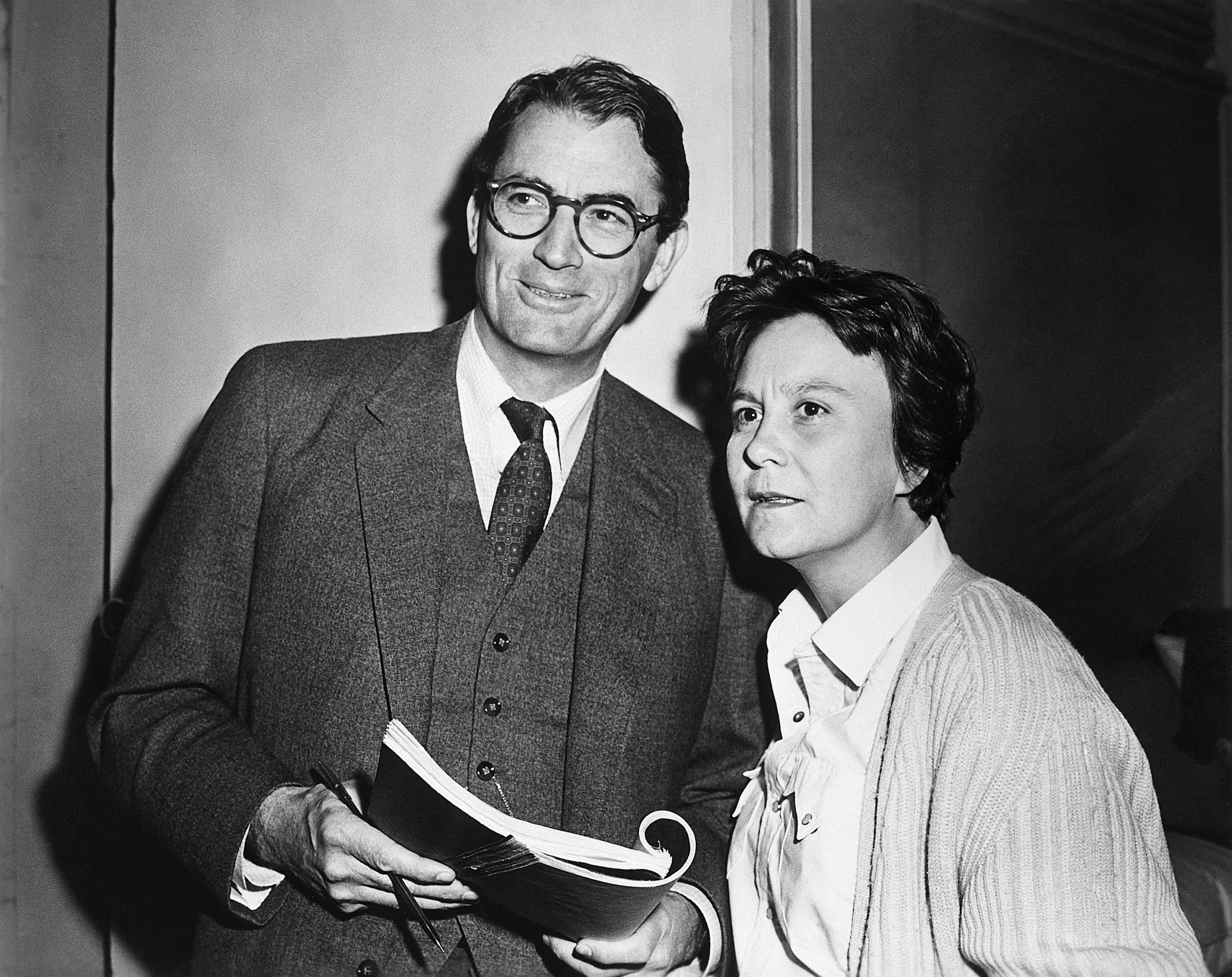I love To Kill a Mockingbird. That's why I won't be reading Go Set a Watchman.
Don't let fleeting curiosity overpower your appreciation for a standalone classic


A free daily email with the biggest news stories of the day – and the best features from TheWeek.com
You are now subscribed
Your newsletter sign-up was successful
Harper Lee's Go Set a Watchman is hot off the presses today. But you might as well call me Mrs. Dubose, because I will not be reading what is technically Lee's first, but now very much second, novel. Not now, not tomorrow, not ever.
I understand the nostalgic rush toward a recently discovered manuscript that gives us even more of the iconic Jean Louise Finch (and a scandalously different take on Atticus). I understand why readers would want to revisit a story that helped shape the arc of 20th-century American history. We love To Kill a Mockingbird. I understand why we want more.
But there are problems. The first is this: Circumstances surrounding the book's release are... troubling, to say the least. Was it really only recently discovered? Did Lee — an 89-year-old woman who may not be in full control of her faculties — immediately say, "Let's publish it," as her literary agent Andrew Nurnberg told The New York Times? Or was it only after the assurances of "a handful of people (Lee) trust(s)" that she gave her blessing, as a February statement from her publisher said?
The Week
Escape your echo chamber. Get the facts behind the news, plus analysis from multiple perspectives.

Sign up for The Week's Free Newsletters
From our morning news briefing to a weekly Good News Newsletter, get the best of The Week delivered directly to your inbox.
From our morning news briefing to a weekly Good News Newsletter, get the best of The Week delivered directly to your inbox.
These questions of how the manuscript resurfaced — and whether Lee really wants the book published or is somehow being coerced — are very real. Whether or not you think the situation amounts to elder abuse, we can all surely agree that the circumstances surrounding Watchman's publication are sketchy.
But that's not the only reason I'm boycotting Watchman. It's not even the main reason. The biggest factor is this: To Kill a Mockingbird, Lee's first and lasting accomplishment, really is unbeatable. It has as strong a claim to the "Great American Novel" title as anything ever published. I know nothing can top it. And I'm afraid of it being ruined.
I'm not saying an author who pens a Novel For The Ages should throw up her hands, declare herself finished, and retreat from society and writing. Far from it! But look at great writers across time and genre: Jane Austen, Ernest Hemingway, Cormac McCarthy. Their subsequent works treated us to entirely new stories and characters. And look at the times when a truly great author revisited the characters and world of his greatest and first success. Catch-22 is an all-time great — but when we see Yossarian so many decades later in Closing Time, the magic is gone. Many readers of that sequel surely wished after completing it that they'd never read it. It cannot compete with the original. And in a way, it taints it.
All things run their course. It's hard to know when to say when. But this is a lesson all of us could learn: You've got to be able to appreciate an experience for what it was, not try to squeeze it for ever-diminishing returns. Part of the joy of a wonderful book is the longing it leaves in us. We always want more — but that will be true no matter how many follow-ups we're given.
A free daily email with the biggest news stories of the day – and the best features from TheWeek.com
And it's a mistake to think To Kill a Mockingbird can only be read and experienced once. Every summer, just like Dill, I return to Maycomb, picking up my now-tattered paperback copy and revisiting Boo, Tom, Atticus, and all the rest. There are certain lines and scenes that always stick with me. Scout's "There's just one kind of folks. Folks," is a mantra I try to carry with me everyday. But the true mastery of Lee's words and story are that they touch you differently depending on where you are in life. Reading the book for the first time as a nerdy, 12-year-old tomboy, I focused on Scout, Jem, and Dill trying to make Boo Radley come outside. In high school, struggling to make sense of the class and racial divides that seemed to have suddenly appeared between the peers and adults I'd known for so long, the case of Mayella and Tom took center stage. In college, the specter of adulthood staring me down, I pondered Atticus' plight of breaking with friends and family for the principles in which he believed.
Go Set a Watchman may prove to be a compelling, moving tale that rivals Mockingbird. But I won't be able to read it that way. I'm too attached to the original characters, too privy to their follies and strengths, their mundane accomplishments and lasting friendships. Released on Friday, the first chapter of the sequel focused on a grown-up Scout, notable for its "promise of resolution for the reader in finding out what happened to her."
I don't need to know more about Scout. I don't want to know more about her — and certainly not the grown-up version of her. I still learn more about both her and myself each time I peek back at the world Lee originally created. The author's views truly may have changed on whether her work needs a follow-up, but mine haven't: To Kill a Mockingbird was — and is — more than enough.
Sarah Eberspacher is an associate editor at TheWeek.com. She has previously worked as a sports reporter at The Livingston County Daily Press & Argus and The Arizona Republic. She graduated from Northwestern University's Medill School of Journalism.
-
 Minnesota's legal system buckles under Trump's ICE surge
Minnesota's legal system buckles under Trump's ICE surgeIN THE SPOTLIGHT Mass arrests and chaotic administration have pushed Twin Cities courts to the brink as lawyers and judges alike struggle to keep pace with ICE’s activity
-
 Big-time money squabbles: the conflict over California’s proposed billionaire tax
Big-time money squabbles: the conflict over California’s proposed billionaire taxTalking Points Californians worth more than $1.1 billion would pay a one-time 5% tax
-
 ‘The West needs people’
‘The West needs people’Instant Opinion Opinion, comment and editorials of the day
